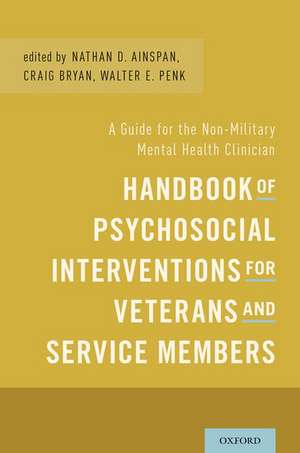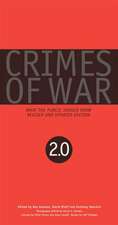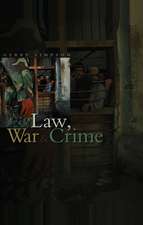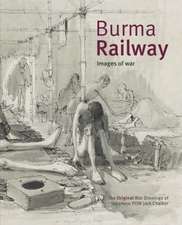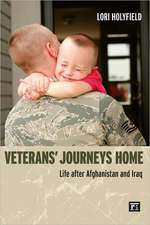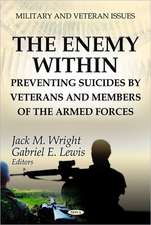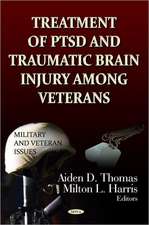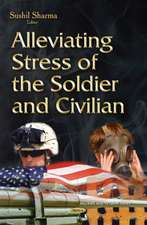Handbook of Psychosocial Interventions for Veterans and Service Members: A Guide for the Non-Military Mental Health Clinician
Editat de Nathan D. Ainspan, Craig Bryan, Walter E. Penken Limba Engleză Paperback – 5 mai 2016
Preț: 539.79 lei
Preț vechi: 674.03 lei
-20% Nou
Puncte Express: 810
Preț estimativ în valută:
103.29€ • 107.84$ • 85.48£
103.29€ • 107.84$ • 85.48£
Carte tipărită la comandă
Livrare economică 24-31 martie
Preluare comenzi: 021 569.72.76
Specificații
ISBN-13: 9780199353996
ISBN-10: 0199353999
Pagini: 488
Dimensiuni: 155 x 234 x 33 mm
Greutate: 0.64 kg
Editura: Oxford University Press
Colecția OUP USA
Locul publicării:New York, United States
ISBN-10: 0199353999
Pagini: 488
Dimensiuni: 155 x 234 x 33 mm
Greutate: 0.64 kg
Editura: Oxford University Press
Colecția OUP USA
Locul publicării:New York, United States
Notă biografică
Nathan D. Ainspan, Ph.D., is the Research Psychologist with the Transition to Veterans Program Office (TVPO) of the Office of the Secretary of Defense. Dr. Ainspan has conducted research, written, and spoken extensively about the psychological impact of the transition from the military into civilian life. His research focus has been on improving civilian employment opportunities for returning service members and the psychosocial benefits that employment can have on wounded warriors and injured veterans and people with disabilities.Craig J. Bryan, PsyD, ABPP, is the Executive Director of the National Center for Veterans Studies and Assistant Professor in the Department of Psychology at The University of Utah. Dr. Bryan served on active duty in the U.S. Air Force as a clinical psychologist and deployed to Iraq in 2009. He currently researches suicide and PTSD in the military.Walter Erich Penk, PhD, ABPP, is a Professor in Psychiatry and Behavioral Sciences at Texas A&M College of Medicine. His clinical and research interests center on post-traumatic stress disorders. His first PTSD studies were published in 1981, focusing on psychosocial rehabilitation for PTSD and substance abuse among veterans. Currently, he concentrates on student veterans and combat veterans transitioning to civilian occupations.
